1. The Okinawa diet helps increase longevity and health
Okinawa is an archipelago located off the coast of Japan and is one of five global regions known as “blue zones”. People living in these five blue zones around the world have been found to have significantly longer life expectancies than the rest of the world’s population and the average life expectancy worldwide.
While there may be genetic and environmental factors that influence the exceptionally long life expectancy of Okinawans, researchers believe that lifestyle factors, including the traditional Okinawan diet, play an important role in helping to slow the aging process, helping them live longer and healthier lives.
Okinawans have a high average life expectancy, a high number of centenarians, and a low risk of age-related diseases, according to data published in the Journal of the American College of Nutrition. Much of Okinawa’s longevity advantage is thought to be related to a healthy lifestyle, particularly its traditional diet. This diet is low in calories but rich in nutrients, especially phytonutrients in the form of antioxidants and flavonoids, but low in meat, refined grains, saturated fats, sugar, salt, and full-fat dairy products.
Comparing nutritional composition, features such as low saturated fat content, high antioxidant content, and low glycemic index in these diets may contribute to a reduced risk of cardiovascular disease, certain cancers, and other chronic diseases through multiple mechanisms, including reduction of oxidative stress.
Further analysis of individual components of the Okinawan diet reveals that many traditional foods, herbs, or spices are consumed regularly.
There are many factors that explain this longevity, but the key is their exceptionally healthy diet, says Dr. Luiza Petre, a weight management expert and clinical assistant professor of cardiology at Mount Sinai School of Medicine in New York. Many Okinawans also eat moderate portions of food and treat food as medicine.
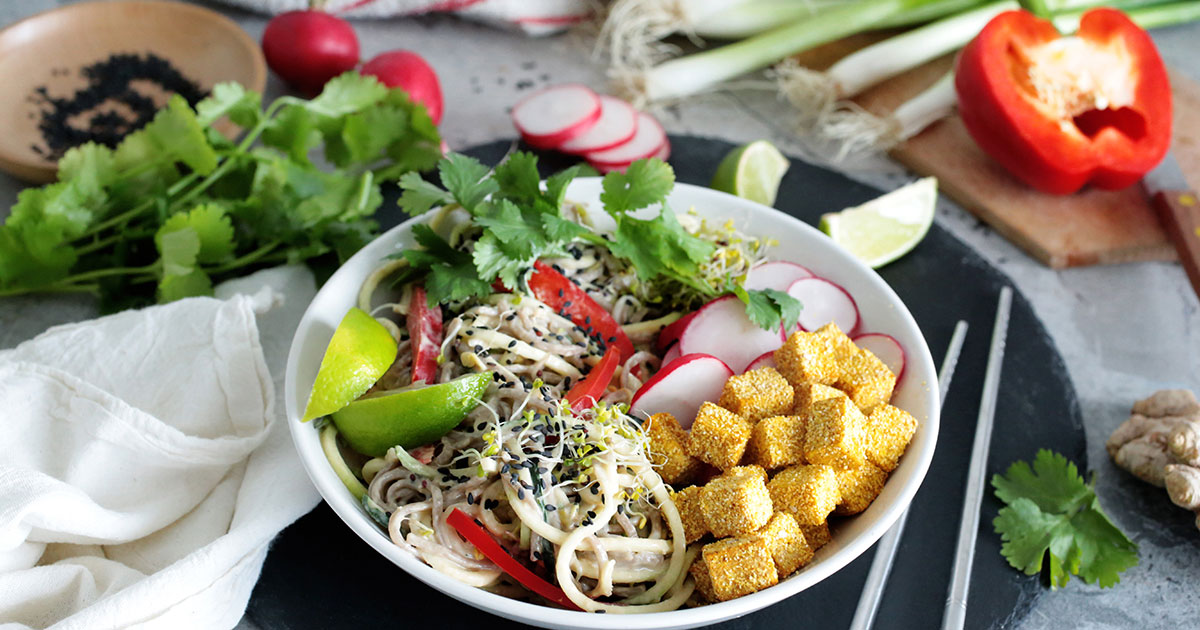
The Okinawa diet is low in calories but rich in nutrients.
2. Some common foods in the Okinawa diet
The Okinawan diet focuses on a balanced, nutrient-dense diet. Traditional Okinawan meals are minimally processed, with a focus on whole, natural foods. Okinawans tend to only enjoy sweets on special occasions. Additionally, many of their dishes are steamed or stir-fried quickly, so they are low in fat. Most of the fat they consume comes from fish rich in omega-3s.
Some common foods in the Okinawa diet include:
- Sweet Potatoes: A staple food in the Okinawan diet. Sweet potatoes are rich in complex carbohydrates, fiber, and various nutrients.
- Vegetables: Okinawans consume a wide variety of colorful vegetables, including leafy greens, carrots, radishes, and other locally grown produce.
- Soybeans and soy products: Tofu, miso, and other soy products provide plant-based protein and are a staple of the Okinawan diet.
- Seaweed: Seaweed is a popular ingredient in Okinawan cuisine , providing essential minerals and vitamins.
- Beans: Beans, especially soybeans, are a great source of protein and are often consumed in the form of fermented soy.
- Fish: Traditional Okinawans eat primarily fish, which provides omega-3 fatty acids and other essential nutrients.
- Lean meat: Small amounts of lean meat, such as pork, consumed in moderation.
- Whole Grains: Brown rice and other whole grains are preferred over refined grains in the Okinawan diet.
- Fruits: Okinawans enjoy a variety of fruits such as citrus fruits, papaya and pineapple which provide vitamins and antioxidants.
- Green Tea: Green tea is a popular beverage in Okinawa, known for its health-promoting properties.
- Herbs and spices: Okinawan cuisine incorporates many different herbs and spices such as turmeric.
3. Foods to limit in the Okinawa diet
The traditional Okinawan diet often restricts certain unhealthy foods. Here are some foods that can be consumed in moderation or avoided on the Okinawan diet:
Processed Foods: Highly processed and refined foods such as sugary snacks, fast foods, and prepackaged meals are generally avoided.
Added sugars: Foods and beverages high in added sugars are limited on the Okinawa diet.
Saturated Fat: They consume only small amounts of lean meat, especially pork. Limit fried and fatty foods.
Red meat: Excessive consumption of red meat is generally discouraged.
Dairy Products : Traditional Okinawan cuisine does not focus on dairy products, so their consumption is often limited.
Refined grains: The Okinawa diet favors whole grains like brown rice over refined grains like white rice.
Alcohol: Okinawans may drink moderate amounts of alcohol, especially in the form of local drinks like Awamori, but limit excessive drinking.
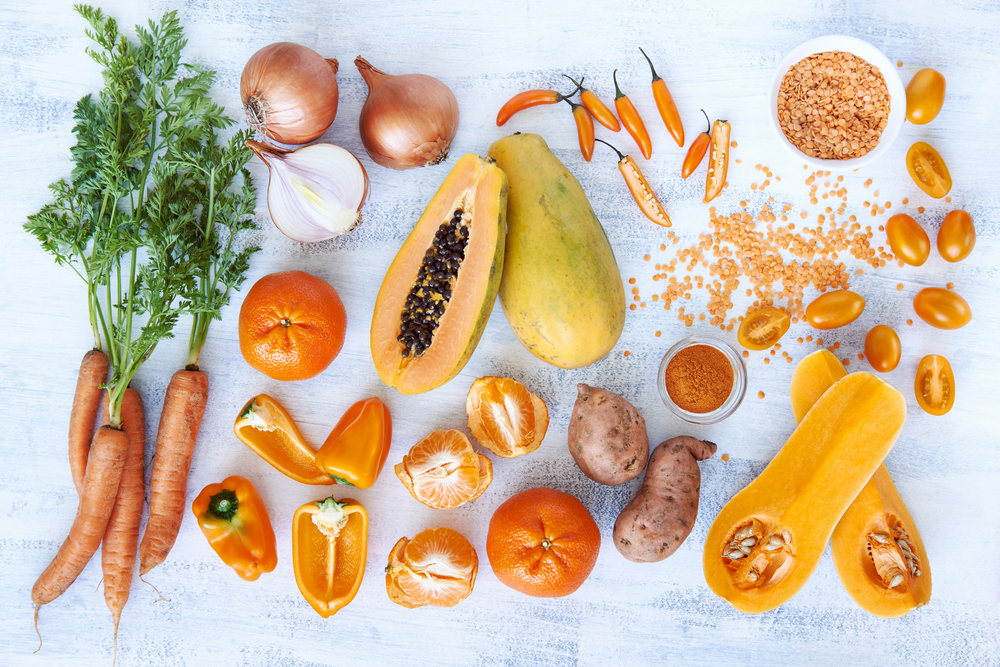
Eating yellow and orange foods is good for health and longevity.
The Okinawa diet is not a miracle cure, but it is clear that this eating habit has a positive impact on health. For good health and quality of life as we age, nutritionists recommend that we pay attention to a healthier diet.
Eat a variety of fruits and vegetables, especially orange and yellow fruits and vegetables, which are rich in carotenoids. These nutrients help reduce inflammation and may improve immune function, which are important factors in staying healthy as we age. Be sure to choose fresh, in-season, and minimally processed produce to avoid nutrient loss.
Source










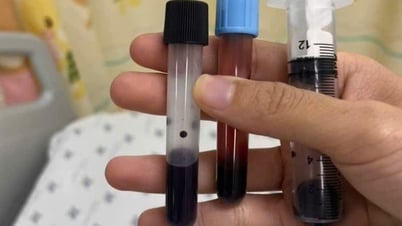




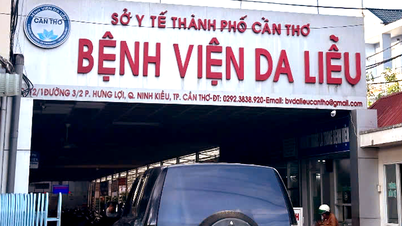







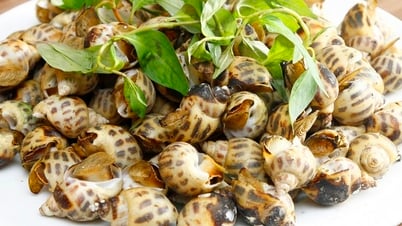

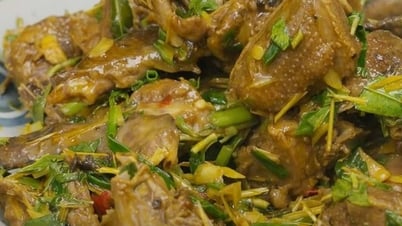


















































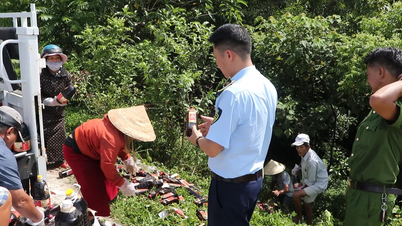













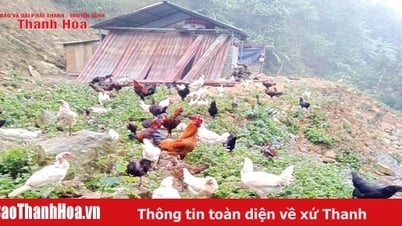


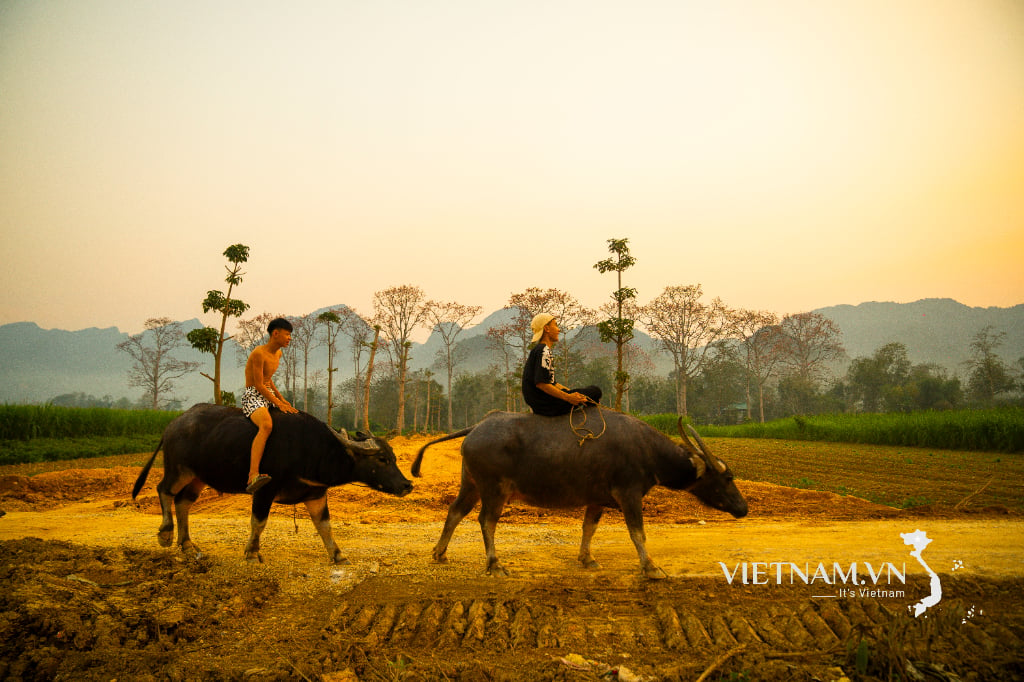

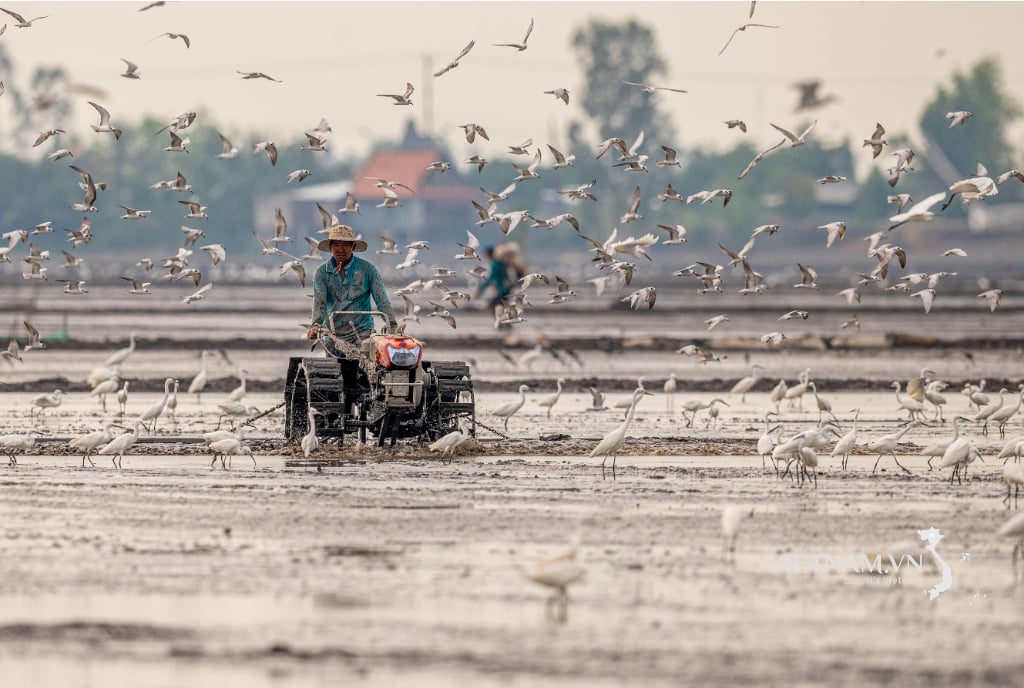

Comment (0)